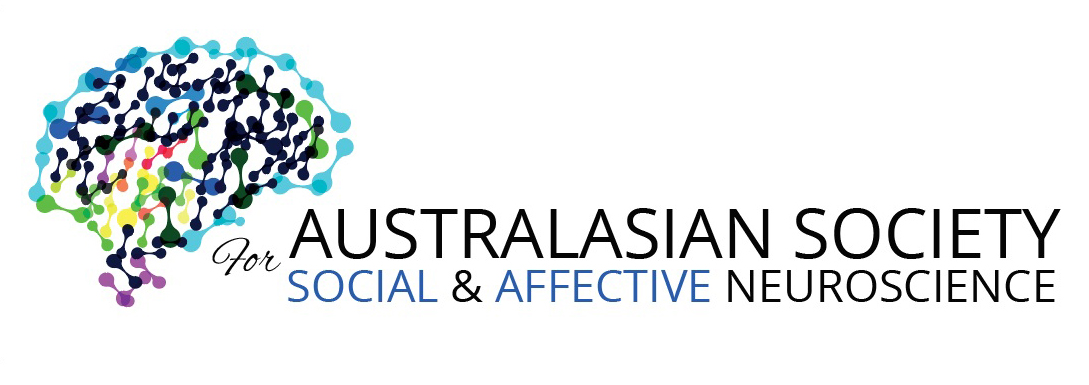Workshops
Longitudinal Modelling in R
Led by Dr Michelle Byrne (Monash University)
This introduction to longitudinal models will cover: 1) Overview of longitudinal data models, theory, concepts, basic analysis choices; 2) Hands-on coding follow-along in R with a companion from a primer paper available here, mostly focusing on multilevel models and some SEM; and 3) Opportunity to work on your own dataset if there is time. Recommended for students and ECRs who have longitudinal datasets with at least three time points ready to go, but may also assist researchers with designing future studies. Basic regression (GLMs) and working knowledge is required (this workshop will not teach R or regression fundamentals).
Resources: https://github.com/michellebyrne1/MonashHonoursStatistics
Real-time neurofeedback: methods, practices and application
Led by Saampras Ganesan (University of Melbourne); together with A/Prof. Valentina Lorenzetti (Australian Catholic University), Ethan Murphy (Australian Catholic University) and Dr Chao Suo (Monash University)
Through real-time neurofeedback, users/patients are empowered to adopt and apply mental strategies by causally influencing their own personalised brain signals, which can potentially produce lasting neurobiological and behavioural impact. Emerging evidence has shown that neurofeedback has therapeutic potential to mitigate dysfunction in clinical disorders such as depression, addiction, stress, etc. To further advance neurofeedback research, dissemination of knowledge to implement neurofeedback studies is timely and critical. The workshop will aim to introduce neurofeedback research using fMRI and EEG, provide a primer on basic neurofeedback methodologies, and involve hands-on implementation of pseudo real-time neurofeedback using sample data. The workshop will be beginner-friendly and not require extensive programming experience/expertise.
Workshop attendees will be provided with the knowledge to: i) understand key elements of real-time neuroimaging and neurofeedback, iii) identify and utilise best practices for designing neurofeedback experiments and conducting real-time neuroimaging analysis, and iii) implement a pseudo real-time neurofeedback experiment using sample code and data.
Resource: https://drive.google.com/drive/u/2/folders/102BjZ-1Pws5P9b4rRvn2ew7XWVwLJdq-
Empowering Futures: Cultivating Success in Early Career Research
Led by Dr Izelle Labuschagne (University of Queensland)
The workshop will delve into the essential strategies and paradigm shifts necessary to thrive in the early stages of a research journey. It will involve learning about why SMART goals will not get you there, why some make it and others don’t, why we don’t do what we know we should, and why giving back is so important in the journey. Expect an interactive and enriching session that will equip you with the tools and confidence to embark on your research journey and career with purpose, resilience, and joy. This workshop is recommended for any research student or early-career researcher who is ready to master success in their careers with ease and confidence.




